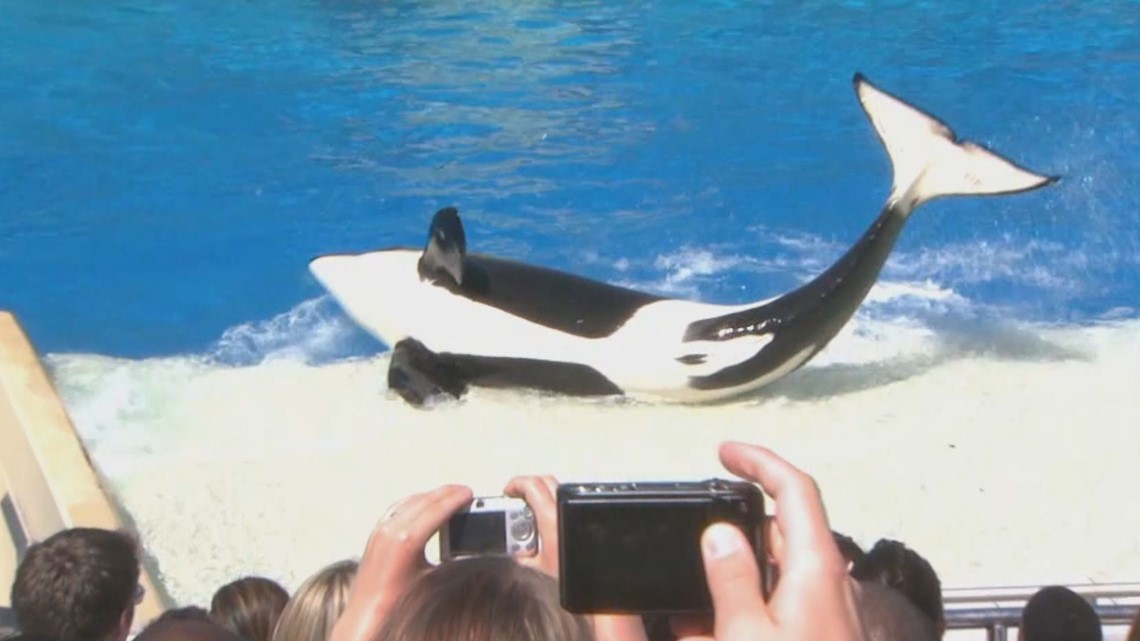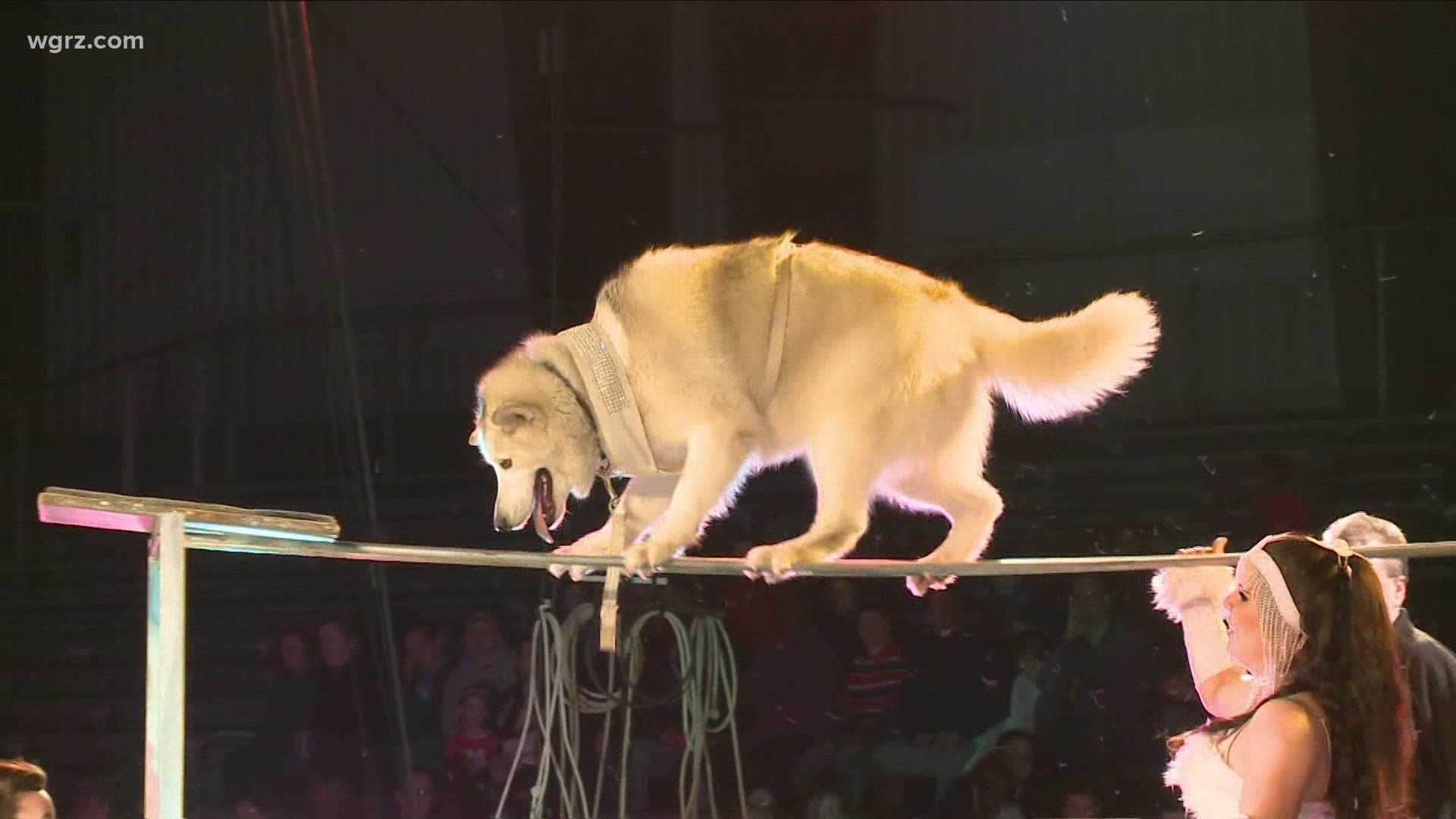BUFFALO, N.Y. — Human societies have a long history of using animals as entertainment, it's a practice that has been accepted and encouraged for thousands of years, and much of it has become a cultural tradition. But not all customs are good, especially when they involve the oppression of other living creatures. Malini Suchak is an Associate Professor of the Animal Behavior, Ecology, and Conservation Department at Canisius College in Buffalo.
"To me, I think the key thing that distinguishes animal entertainment from other contexts is the idea that someone is profiting off of your amusement related to an animal."
Joshua Russell is the department's Director of the Graduate Program in Anthrozoology.
"That can be in circuses, that can be in rodeos, that can be in zoos and aquariums for some people, and certainly in films and TV."
Animals in these situations are forced into increasingly unnatural roles and are made to do so with a variety of training that can often be cruel and both physically and mentally damaging. The system that supports the idea that this is acceptable has roots in our belief that animals are unequal and suffer less than humans.
"The idea that we kind of have dominion, right, or we're kind of above animals, has a very very long history, and it's going to take a long time to change that," said Suchak.


The negative effects are not only limited to the animals involved. Russell says condoning this kind of behavior does harm to the human-animal as well. "So the ethical argument is that if we're capable of doing harm to animals intentionally, then we create a kind of person that's capable of doing that harm to other people."
Malini believes that perhaps the first step to change is to admit that the problem exists. "You have to implicitly at least, acknowledge that that was harmful, and I think that can be really hard for people to come around to, and we see that with other social movements as well. '
It's a change that can be affected at the individual level.
"These are settings that are designed for profit, and you know." Says Suchak. "You have the opportunity to kind of say, I'm not going to choose this, I'm going to choose something else, and so, to me, that's the biggest thing that people can do."


Russell said, "The more research that people do that shows how intelligent animals are, how complicated their emotional lives can be, how complicated their social lives are, we see that similarities make it really hard to deny the fact that we are animals and that animals are in many ways just like us."
Here's a link to the Canisius College Animal Behavior, Ecology, and Conservation Department.

